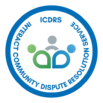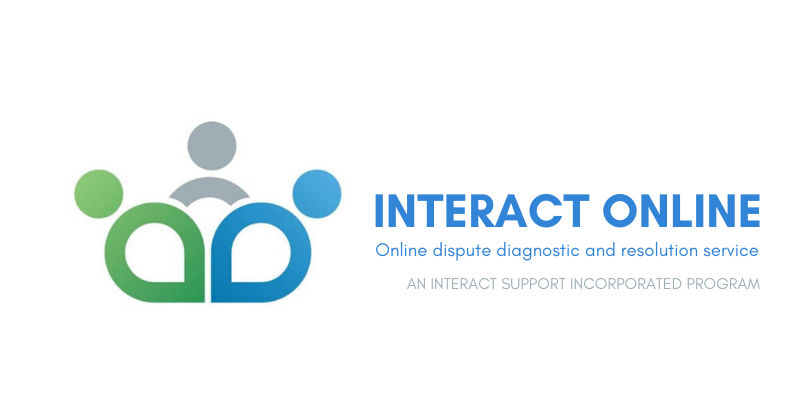Services
Mediation
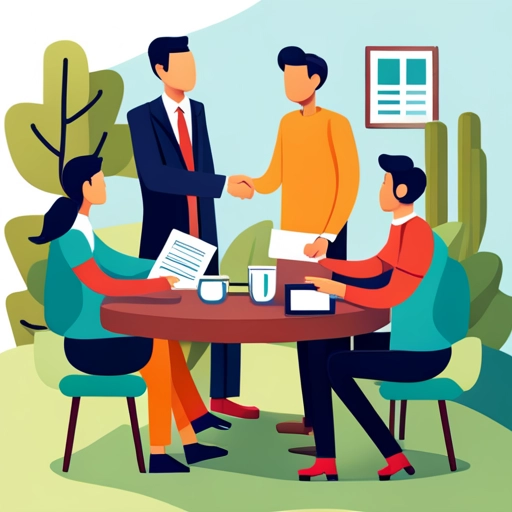
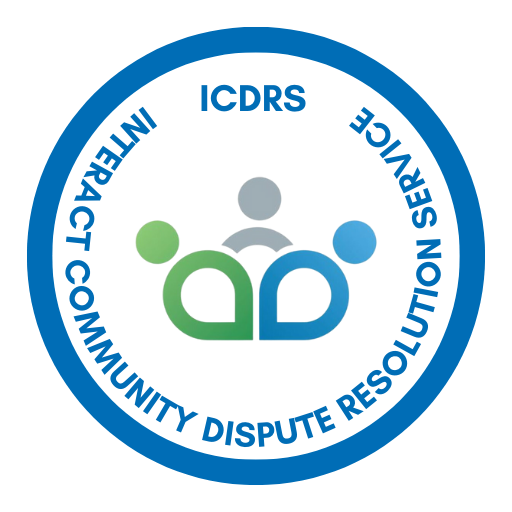
Resolving Disputes with Mediation
What is Mediation?
Mediation is a voluntary and confidential process where an independent third party – called a mediator – helps two or more people in conflict reach a mutual agreement. Mediation is an effective alternative to going to court and is designed to encourage cooperation, communication and collaboration.
Key Features of Mediation
- Voluntary: All people involved must agree to participate and an agreement is only reached if you agree.
Confidential: What is said during mediation stays private and can’t be used as evidence in court or a tribunal.
Independent Mediator: The mediator doesn’t take sides or make decisions they help you to understand each others point of view and consider all the options.
Collaborative: The goal is to work together to find a solution that meets everyone’s needs, not just an unsatisfying compromise or coerced solution.
Flexible: Timing and arrangements for the mediation are flexible, and agreements can be tailored to fit the specific needs of the parties.
Mediation at ICDRS - How we work
Interact Community Dispute Resolution Service, ICDRS is a co-mediation service where two Nationally Accredited Mediators (NMAS) work together with the people who have a dispute.
Mediation can be provided either remotely, using an online video meeting, or in person where we have team members available and a suitably private location.
The first step is a confidential pre-mediation session with each participant in the dispute. Then based on the information shared in that session, one or more mediation sessions are scheduled.
What types of disputes does ICDRS Mediate?
Neighbour Disputes
We can assist with neighbour and neighbourhood disputes. Usually when a dispute is unresolved communication is impacted, you may have stopped speaking or had angry exchanges. Mediation brings you together to discuss the issues, clear up misunderstandings and find a way forward to agree on how you will treat each other and resolve the underlying causes of the conflict.
Workplace Disputes
Workplace conflict is corrosive and damaging to the working environment. It doesn’t matter whether you are a not-for-profit working with volunteers or a business with employees and contractors, if there is unresolved conflict you will most likely experience turnover, absenteeism and low morale. Sometimes these issues can be resolved with the intervention of an independent professional mediator. Our mediation and other dispute resolution services may be able to help clear the air and improve workplace relations.
Family and Relationship Disputes
Ongoing conflict within families and friendships can cause stress and eventually become harmful to those involved. We can assist you to have the difficult conversations in a safe and confidential space as you talk through the issues and find new ways to move forward.
Not-for-Profit Programs
We establish collaborations with large not-for-profits and other community organisations to provide tailored dispute resolution support for their members and volunteers. This allows our team to understand your culture and processes and streamlines the process of getting support.
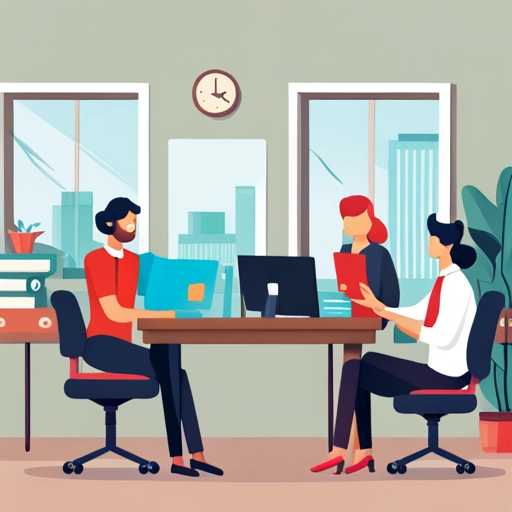
Family Dispute Resolution (Family Law Mediation)
Our sister program, Interact Online provides online Family Dispute Resolution services through a similar co-mediation model.
Visit www.interact.support if you are looking for mediation support following separation and divorce for parenting agreements, financial agreements or property settlement negotiations.
Benefits of Mediation
Saves time and money compared to court or working through lawyers
Less stressful than legal action
Helps preserve and even improve relationships
Encourages creative and customised solutions that achieve what you really need not just legal positions
Offers control to the people involved. You are always in control of whether or not an agreement is reached.
The Mediation Process
After confidential pre-mediation sessions to ensure that mediation is safe and appropriate and help you to prepare you will go to a joint mediation.
Opening Session: The mediator explains the rules and goals.
Each Person Speaks About The Issues They Want To Resolve: They take turns to speak, the mediator clarifies and brings together a mutually agreed agenda for the mediation session.
Discussion, Exploration and Negotiation: The mediator guides the conversation and helps explore the issues, impacts, needs and possible solutions.
Agreement or Resolution: If successful, the agreement may be put in writing and signed.
Free Estimation
What does Mediation Cost?
We are a social enterprise not-for-profit organisation. We pay an honorarium to our volunteer mediators and surplus funds are used to support our pro-bono services and community outreach programs.
- If you are on a low income or you are experiencing financial hardship the pre-mediation stage will be free.
- If you proceed to mediation you will be asked to pay a fee based on your ability to pay.
Those who can afford to pay for the service pay their share of our standard mediation fee which is based on $250 per hour.
Frequently Asked Questions
What qualifications do the mediators have?
All mediators you work with through ICDRS are Nationally Accredited Mediators under the AMDRAS Standards www.amdras.au
We frequently use a co-mediation approach so that you will usually be working with a team of two mediators.
Your mediators may have other qualifications and experience in law, counselling, psychology, business experience and more.
The background experience of our team is helpful but when they are providing mediation services they act as a facilitator rather than advisor.
That means that if they see that you don’t have the legal, financial, workplace obligations or other information you need to make good decisions they will speak with you about why and how getting some advice will be helpful.
Our team want you to reach well informed decisions to resolve your disputes so that you are not bullied, coerced or taken advantage of in any way. Sometimes there isn’t a way to resolve the dispute without a compromise but if you do decide to reach a compromise agreement that should be based on a fully informed decision.
Not sure about all of this?
Contact us and one of our team can talk you through the mediation process and answer any questions you have. Contact us
Does it matter if a "mediator" has Accreditation?
Yes it definitely does!
People who say they are a mediator but are not on the register of AMDRAS Accredited mediators may not even have training in how to ethically facilitate mediation. It is not an easy skill to mediate impartially and yet effectively bring people on a journey towards deeper understanding and a collaborative resolution.
Unqualified people, including lawyers and HR managers may focus on trying to force a resolution through compromise or may even have a conflict of interest in supporting one side or keeping the conflict going.
Accredited Mediators have been trained, passed a skills assessment, evaluated for good character and must participate in ongoing professional development as a mediator.
If you have been approached by someone who says they are a mediator (all ICDRS team members are accredited mediators) check the National Register before agreeing to participate.
National Register of Registered Practitioners – AMDRAS
Not sure about all of this? Contact us and one of our team can go talk you through the mediation process and answer any questions you have. Contact us
